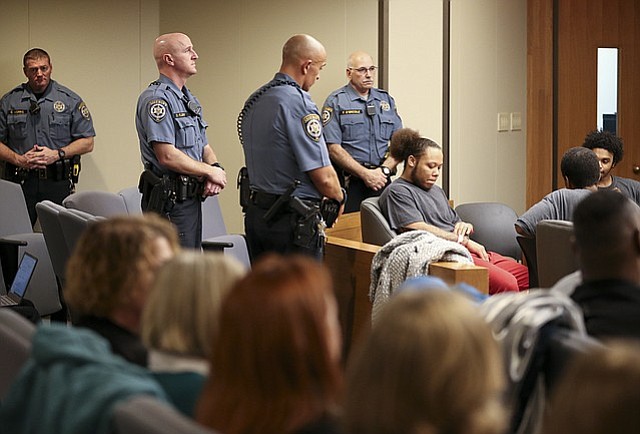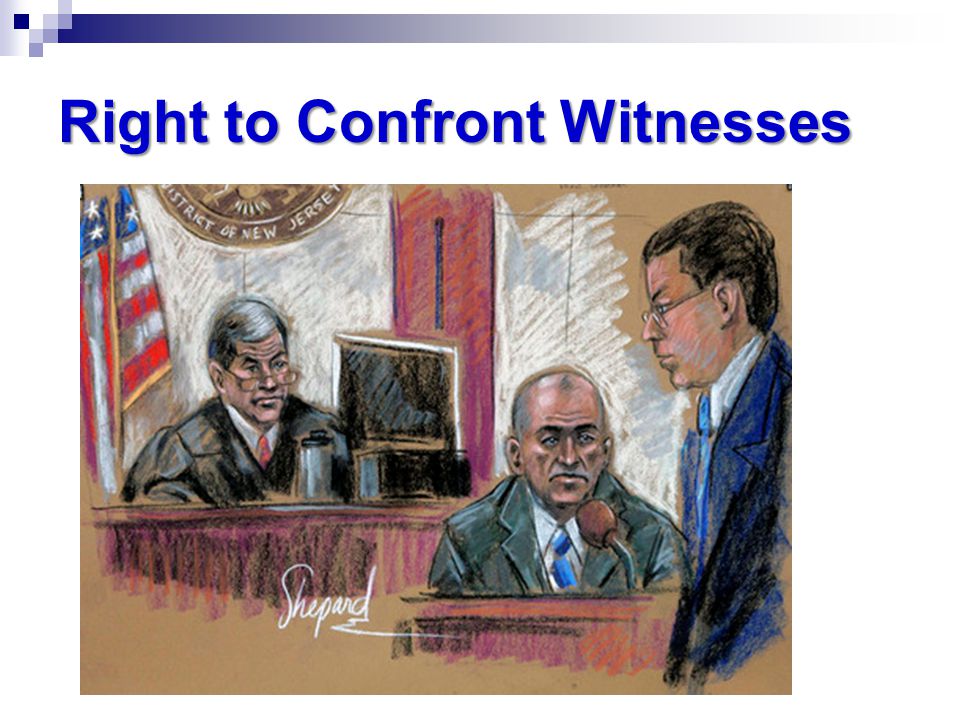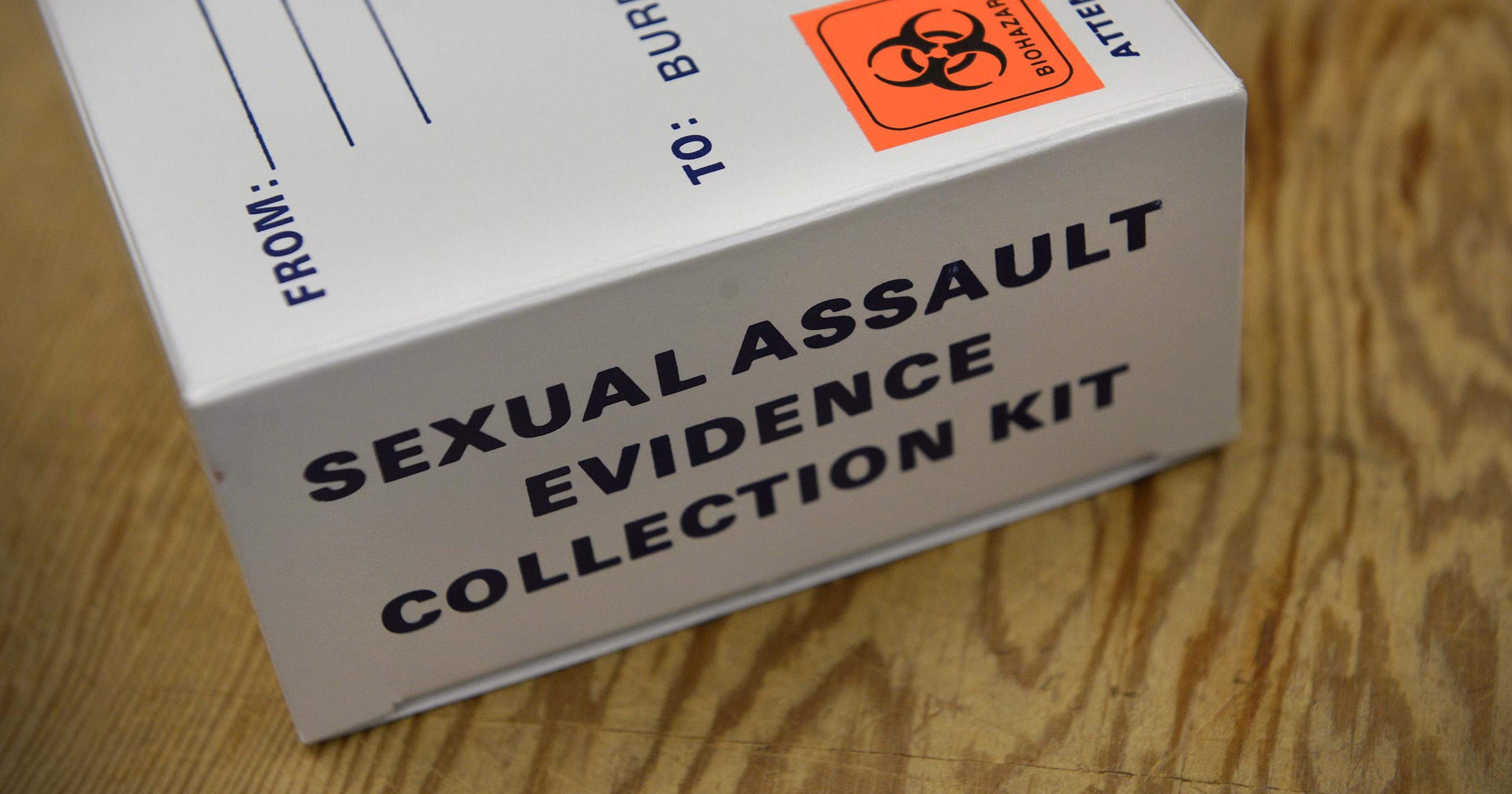
In State v. Gorman-Lykken, the WA Court of Appeals held that before allowing a security officer to be stationed next to the witness stand when the defendant testifies, the trial court must (1) state case-specific reasons for the need for such a security measure, and (2) determine that the need for the security measure outweighs the potential prejudice to the testifying defendant.
BACKGROUND FACTS
Mr. Gorman-Lykken was charged with Rape in the Second Degree (DV). The State was required to prove that Gorman-Lykken engaged in sexual intercourse with his girlfriend when she was incapable of consent.
At trial, Gorman-Lykken wanted to testify. Before he did so, his defense attorney objected to the proximity of the corrections officer assigned to Gorman-Lykken while he was on the witness stand. The trial court responded, “Let me just touch base with the corrections officer.” The corrections officer stated, “If he’s up here, we’re up here.”
The trial court then observed on the record that sometimes one to three corrections officers were assigned to a defendant in court and that “sometimes those individuals are large, larger than average.” By contrast, the court noted that the corrections officer assigned to Gorman-Lykken was “not one of our largest corrections officers, and there’s only one of her.” The court also stated that “the policy of the corrections staff is that . . . they are to be in close proximity to somebody who is testifying that’s been accused of a crime.” The court concluded, “I think on the whole I’m comfortable having the officer
stay where she’s at.”
The jury found Gorman-Lykken guilty as charged. He appealed his conviction on the issue of whether the trial court erred in allowing the corrections officer to be stationed next to him during his testimony as a security measure.
COURT’S ANALYSIS & CONCLUSIONS
Preliminarily, the Court of Appeals said that trial courts have broad discretion to make trial management decisions, including provisions for the order and security of the courtroom.
However, the Court also acknowledged that trial courts commit reversible error when they base their decisions solely on the judgment of correctional officers who believed that using restraints during trial was necessary to maintain security, while no other justifiable basis existed on the record.
Furthermore, Courts have recognized that certain courtroom security measures are inherently prejudicial. This includes shackling, handcuffing, or other physical restraints; gagging the defendant and holding a trial in a jail. Courts must closely scrutinize such measures to ensure that they further essential state interests.
“Before allowing a security officer to be stationed next to the witness stand when the defendant testifies, the trial court must (1) state case-specific reasons for the need for such a security measure, (2) determine that the need for the security measure outweighs the potential prejudice to the testifying defendant,” said the Court of Appeals.
Here, however, the Court of Appeals was concerned that the trial court never stated case-specific reasons why this case or this defendant created the need for this security measure.
“The court simply stated, ‘I’m comfortable having the officer stay where she’s at,'” said the Court of Appeals. “Accordingly, we hold that the trial court abused its discretion in allowing the corrections officer to be stationed next to the witness stand when Gorman-Lykken testified.”
“Here, the State does not argue that any error was harmless. And there is no indication that the State could show harmlessness beyond a reasonable doubt. Even though stationing an officer next to the witness stand may not be inherently prejudicial, allowing that measure created a risk that the jury might infer that Gorman-Lykken was dangerous or guilty. The State cannot show beyond a reasonable doubt that stationing the officer next to the witness stand did not influence the jury.”
The Court also noted that the evidence of Gorman-Lykken’s guilt was not so overwhelming that a guilty verdict was the only rational result. At trial, Gorman-Lykken’s girlfriend testified that she had taken medication that essentially put her to sleep and that she had told Gorman-Lykken not to have sex with her while she was asleep.
“But Gorman-Lykken testified that he asked his girlfriend if she was up for sex, that she verbally agreed, and that she was coherent during the sexual activity,” said the Court of Appeals. “Therefore, the jury was presented with conflicting evidence, not evidence that overwhelmingly established Gorman-Lykken’s guilt.”
With that, the Court of Appeals held that the trial court’s error in allowing an officer to be stationed next to the witness stand when Gorman-Lykken testified was not harmless. It reversed Gorman-Lykken’s conviction and remanded the case back to the trial court for further consideration.
My opinion? Good decision. It’s highly prejudicial to have police and correctional officers standing by defendants as they testify before a jury. It silently says that the defendant is extremely dangerous and volatile. Juries are more likely to convict defendants who appear dangerous. Congrats to the Court of Appeals for deciding this one correctly.
Please contact my office if you, a friend or family member are charged with a crime. Hiring an effective and competent defense attorney is the first and best step toward justice.


















